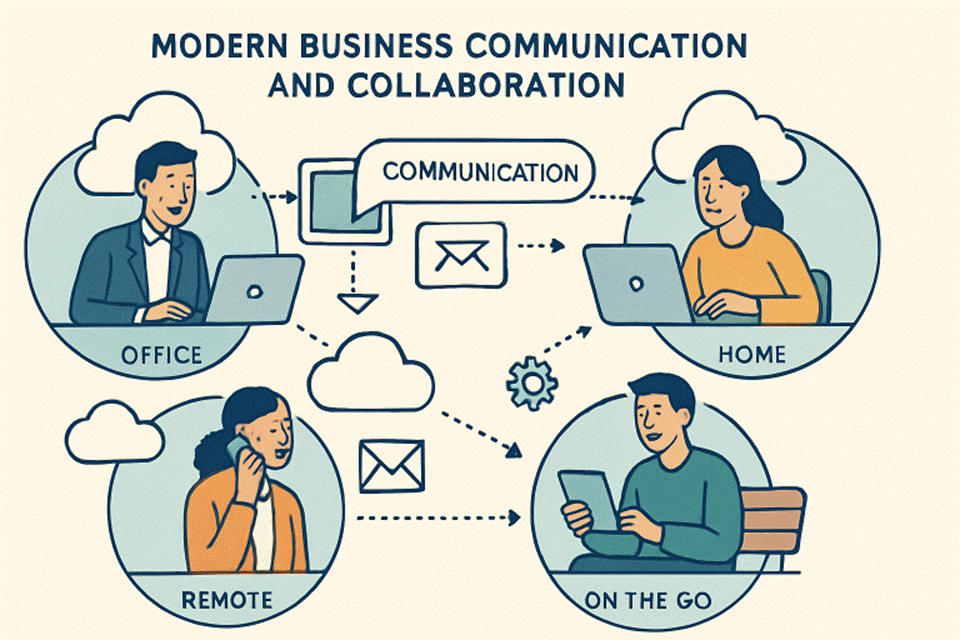A framework introduced in 1993 by Ken Schwaber and Jeff Sutherland, Scrum has grown significantly in recent years. Scrum has now permeated nearly every business around the globe. Scrum masters are recruited to ensure that a company includes and maximises the value that it may gain from Scrum.
Before we get into the specifics of becoming a scrum master, here’s a refresher on what CSM certification is.
What Exactly Does It Mean To Be A Scrum Master Certified?
Each agile development team needs a Scrum Master. You’ll have all the tools you need to help your team succeed if you become a Certified Scrum Master.
As a “servant leader,” a Scrum Master is not a manager or project leader but rather a “servant leader” committed to helping the team succeed in the Scrum framework. It is a Scrum Master’s job to keep the team on track and free of distractions so that everyone can focus on their work.
A Certified Scrum Master (CSM) has many benefits, including access to a bigger network of Scrum experts and a better job market.
Time Commitment Required To Be A Certified Scrum Master
The 16-hour Certified Scrum Master training is necessary. Many people, however, will need to devote more time to study in addition to the two days of training. Investing time in studying and reviewing the prerequisite materials is a good idea to guarantee that you’re ready for the class.
You’ll need to take the CSM certification exam online when you finish the course. Examine all of your course materials and notes before you sit down to take the exam to ensure that you’ll pass.
The certification process can take weeks or months, so be sure you have enough time in your schedule for this. Being a Scrum Master takes time and effort, but it’s well worth it!
Here Are Some Tips To Become A Certified Scrum Master:
An Agile project using the Scrum framework requires a Scrum master to play a key role. This person is in charge of setting up daily meetings, fostering better communication within the group, and clearing obstacles from the way of the most productive team members.
1. Learn The Fundamentals Of Scrum
A thorough understanding of both Agile principles and the Scrum methodology is required before becoming a Scrum Master.
2. Select Your Scrum Certification Path
Agile, Scrum, and the roles and expectations of a competent Scrum master can all be learned through a recognized certification program. Your certification will establish your expertise in the industry and offer you new avenues of employment.
3. Attend A Scrum Training Session
Once you’ve decided on a certification path, it’s time to enroll in a Scrum course that is officially recognized. Each certification option has its own set of requirements.
4. Obtain A Registration Form
To become a Scrum Master, you must first complete the required study hours and then sit for the CSM certification exam.
5. Prepare Wisely For The Exam
Keep studying in the days preceding the exam, and you’ll do well. If you want to be sure you’re ready for the exam, check out more Scrum resources or attend Scrum webinars.
Project management, sprints, team building, progress reporting, release planning, and scalability are more common topics covered in the exam. But there could be questions about the philosophy, history, and development of the Scrum framework in some tests as well.
6. Take The Test
Your certification program may have some influence on the actual exam you take. Multiple-choice exam with 60–85 percent passing grade in general. As soon as you’ve completed the exam, you’ll find out whether or not you’ve passed.
Your Scrum Master certification’s PDF copy will be emailed when you complete the certification exam.
7. Renewal After Two Years
To maintain your certification as a Scrum Master, you’ll need to pay a fee every two years to keep your certification current.
Depending on the organization, this may necessitate the provision of “continuing education hours” certification. The show host wants to see that you’ve been devoting time to learning more about Scrum and staying up to date on any big developments.
Conclusion: Final Thoughts!
One method to broaden your horizons professionally is to become a Certified Scrum Master (CSM certification). Agile is gaining traction across a wide range of businesses and industries. Moreover, there is a strong correlation between software and digitisation. Hence the demand for Scrum Masters in software development grows.
As a bonus, this certification teaches you about the foundations of Scrum and the scope of the Scrum Master’s responsibilities. The fact that Scrum Alliance provides this certification is a strong indicator that you have a thorough understanding of the Scrum framework.












